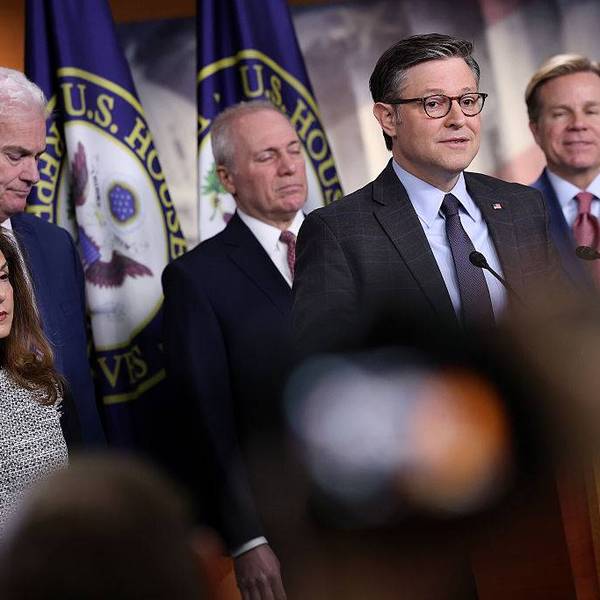For the first time since before the U.S. Civil War, the House of Representatives on Thursday surpassed 10 rounds of voting for speaker and the narrow GOP majority still failed to rally behind one candidate, ultimately voting to adjourn until Friday afternoon.
Since Tuesday, over 11 rounds, Rep. Kevin McCarthy (R-Calif.) has seen his numbers drop from a high of 203 to 200 in the latest round, with 12 Republicans backing Rep. Byron Donalds (R-Fla.), seven supporting Rep. Kevin Hern (R-Okla.), one pushing for former President Donald Trump, and one voting present.
During every round of voting this week, all 212 Democrats have maintained their support for Rep. Hakeem Jeffries (D-N.Y.).
The last time lawmakers needed multiple rounds of voting to choose a speaker was a century ago, when it took nine attempts. Before that, they held 44 votes in 1859 and a historic 133 votes in 1855—a process that spanned nearly two months.
While both allies and opponents of McCarthy signaled to reporters on Capitol Hill Thursday that negotiations for a potential deal to get him into the post are ongoing, it's not clear enough of the 20 far-right members who have blocked his path to speaker have or even can be swayed.
Democrats have pointed to the drama of the past three days—on the eve of the second anniversary of Trump supporters' deadly attack on the U.S. Capitol—as proof that the GOP control of the House over the next two years will be marred by dysfunction.
"If you think House Republicans' chaos will end with electing a speaker, you aren't paying attention," Congressional Progressive Caucus Chair Pramila Jayapal (D-Wash.) said Thursday night. "This is who they are. Chaotic, selfish, and incapable of leadership."




